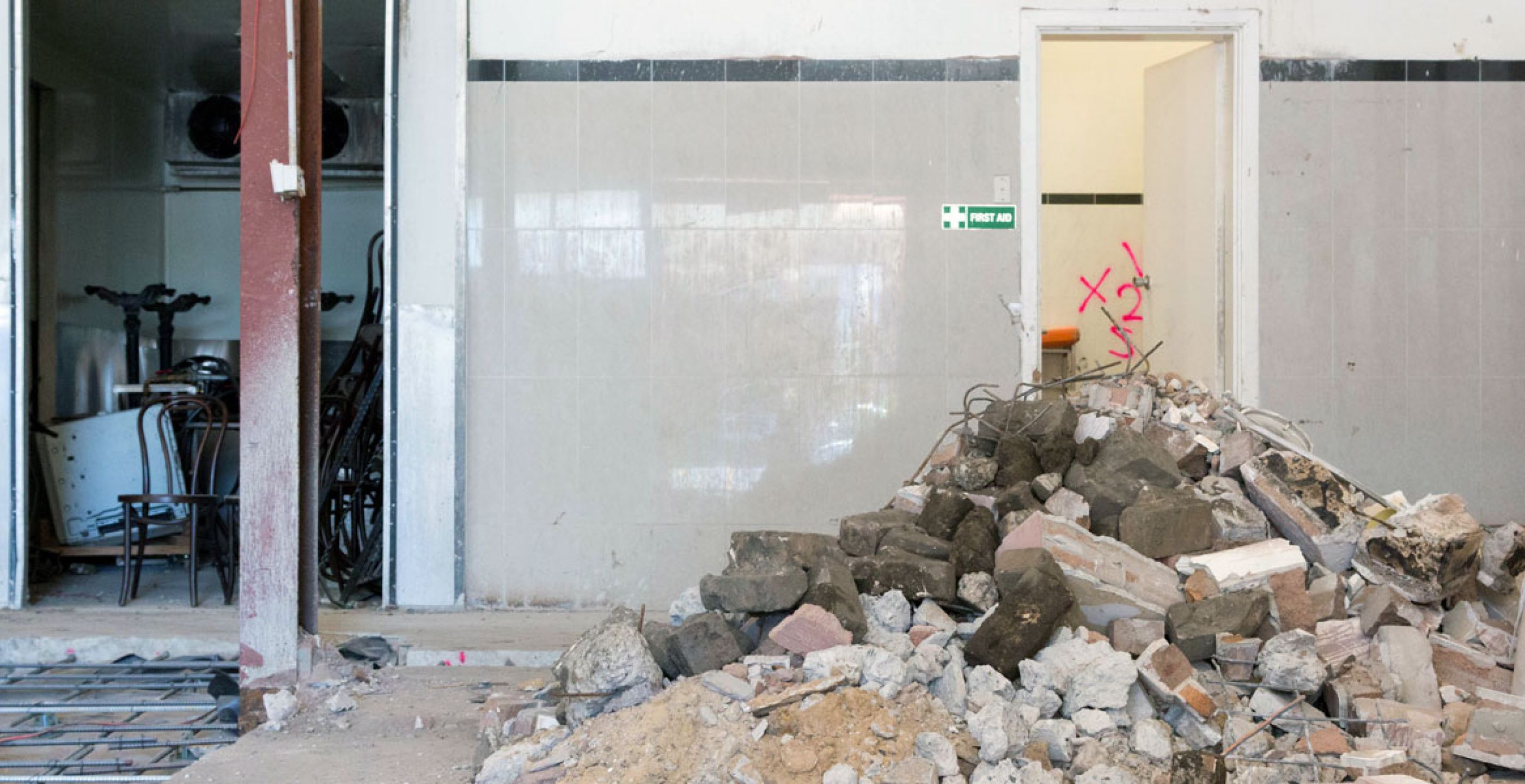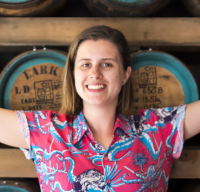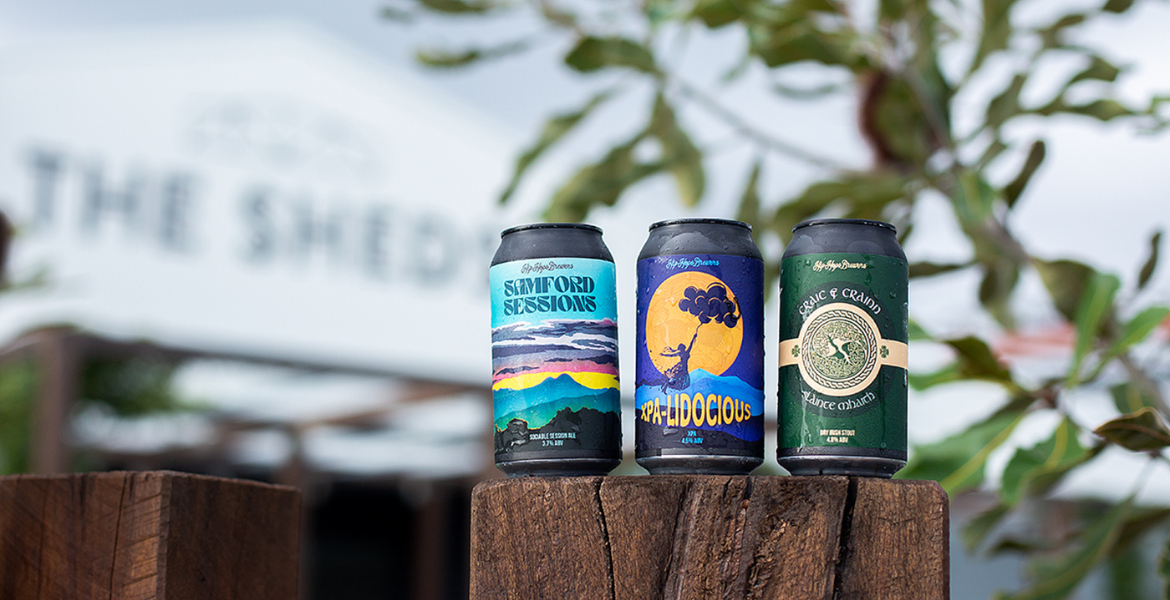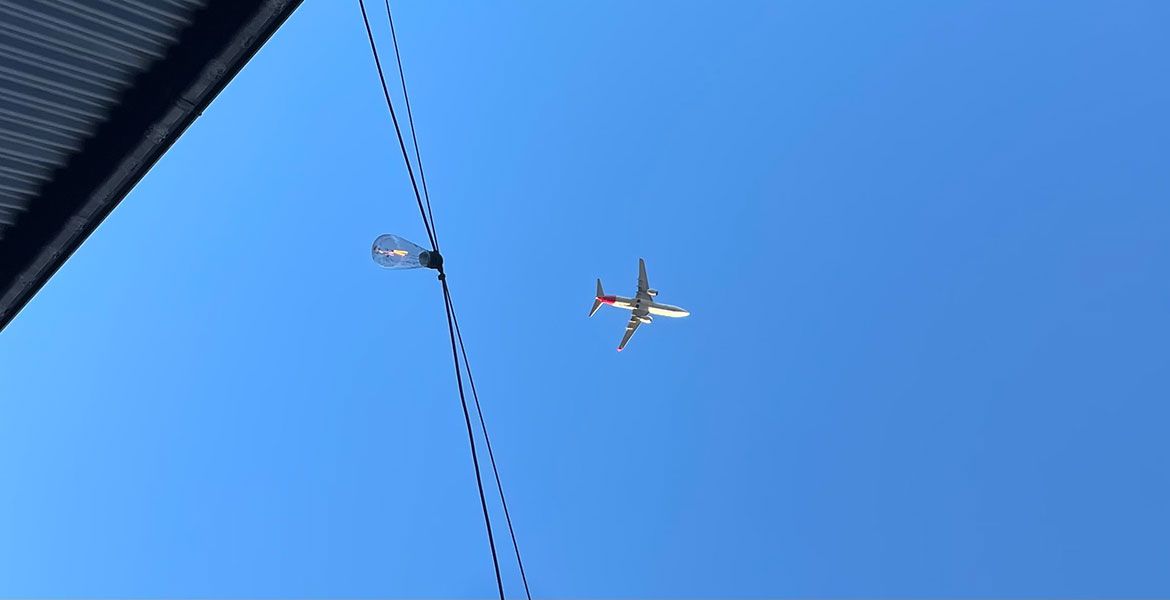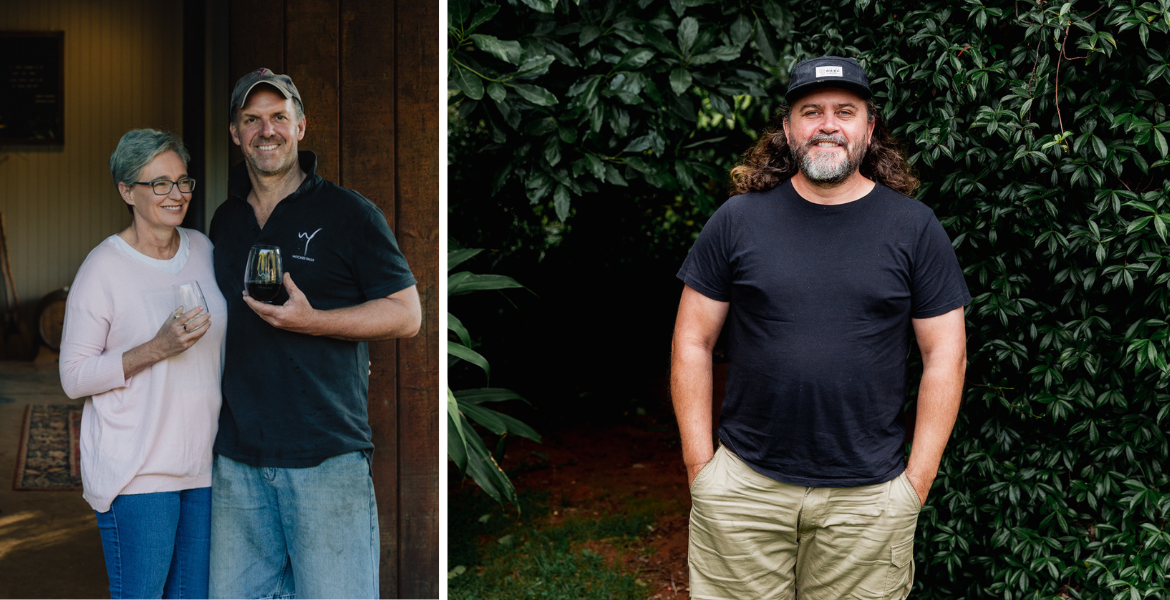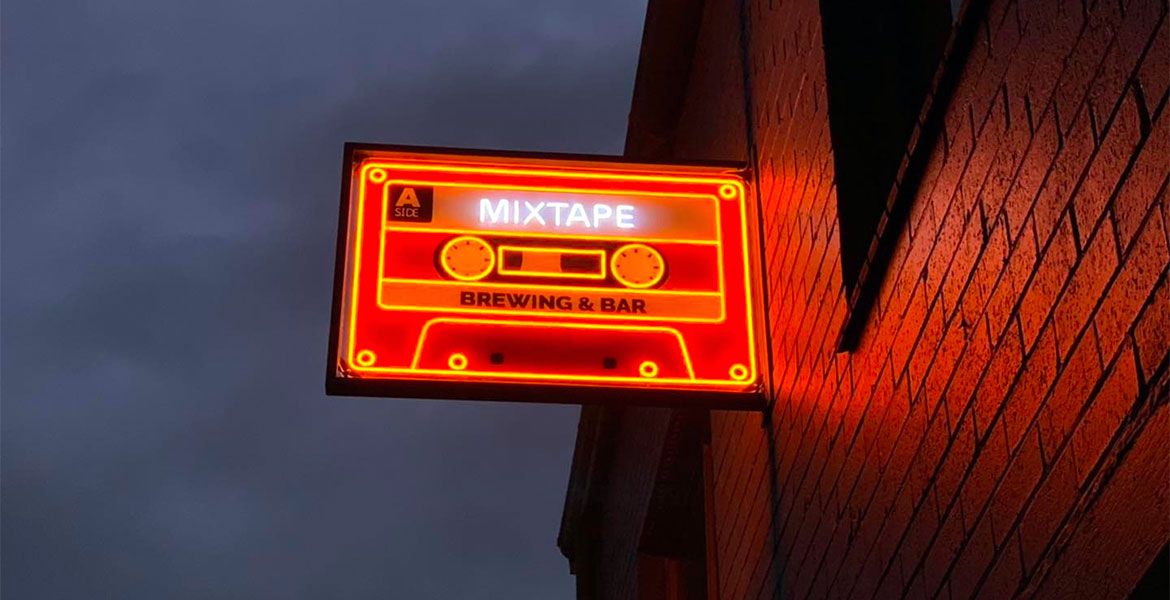Almost three years and a couple of champion trophies on from the release of their first can of XPA, Sydney-based Philter have finally found a home. It’s one right in the heart of Marrickville, along the same brewery trail that connects many Inner West favourites.
And that's no accident, either: the suburb was the only one the team behind the brewing company ever considered for their long-mooted brick and mortar brewery; not for the sake of jumping on any bandwagon, but rather because it’s the same suburb in which co-owners Stef Constantoulas and Mick Neil live.
The site, which sits at 98 Sydenham Road, was built in the 1950s and functioned most recently as a yoghurt factory, before lying dormant for a few years until the Philter team took over.
“We have two storeys to work with,” says head brewer Sam Füss. “We have an upstairs bar, which is going to have a little bit of a surprise that I can’t talk about just yet. Let’s just say, once it opens, you’ll be able to experience all that is Marrickville.
“Downstairs, you’ll enter in to the 1950s foyer – which we’re keeping intact – and then in to where the offices once were, which will have the downstairs bar. Then, we’re going to have a deck that goes out over the brewery, so you’ll be able to watch the brewers doing their stuff. We’re going to make it as visually exciting as possible.”
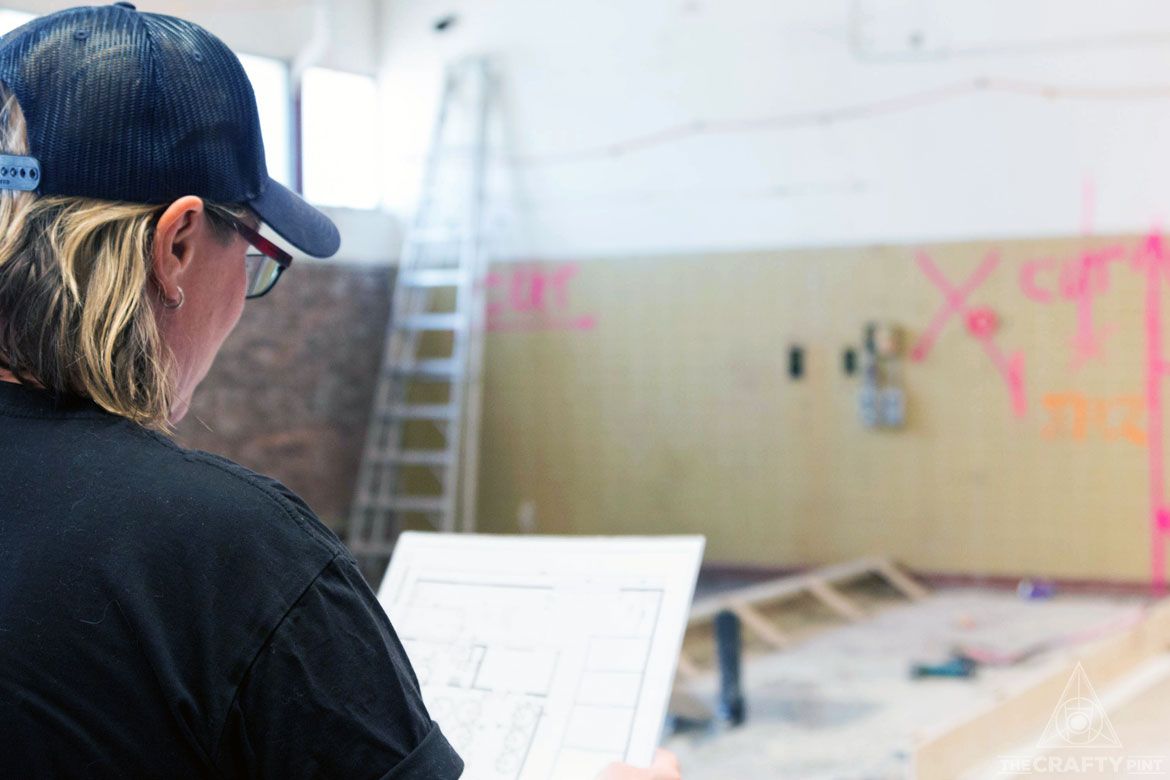
In terms of the brewery itself, it’s set to feature six 100 hectolitre and three 50 hectolitre tanks, fed by a fully automated, four vessel brewhouse. The setup will allow an annual output of more than one million litres, making it Marrickville’s largest physical brewery. Room to expand will allow Philter to double capacity and then some, pending demand.
“The brewhouse has all the bells and whistles and will be nice and easy to drive," Sam says, "because we want to hit the ground running, producing four brews in 16 hours – two double shifts – which will fill a tank a day.”
An automated keg cleaner and filler, plus a canning line in a separate, sterile room complete the brewery’s collection of high-tech equipment, allowing the team to produce at maximum capacity without being held up at the packaging stage, a common problem for small breweries.
Sam says they're also excited about the ability to be able to make local deliveries in their own, branded vans, without relying on a third-party distributor. Having always been conscious to attend events and festivals themselves to build the face of the brand, now they can get up close with their home turf customers on a regular basis as well.
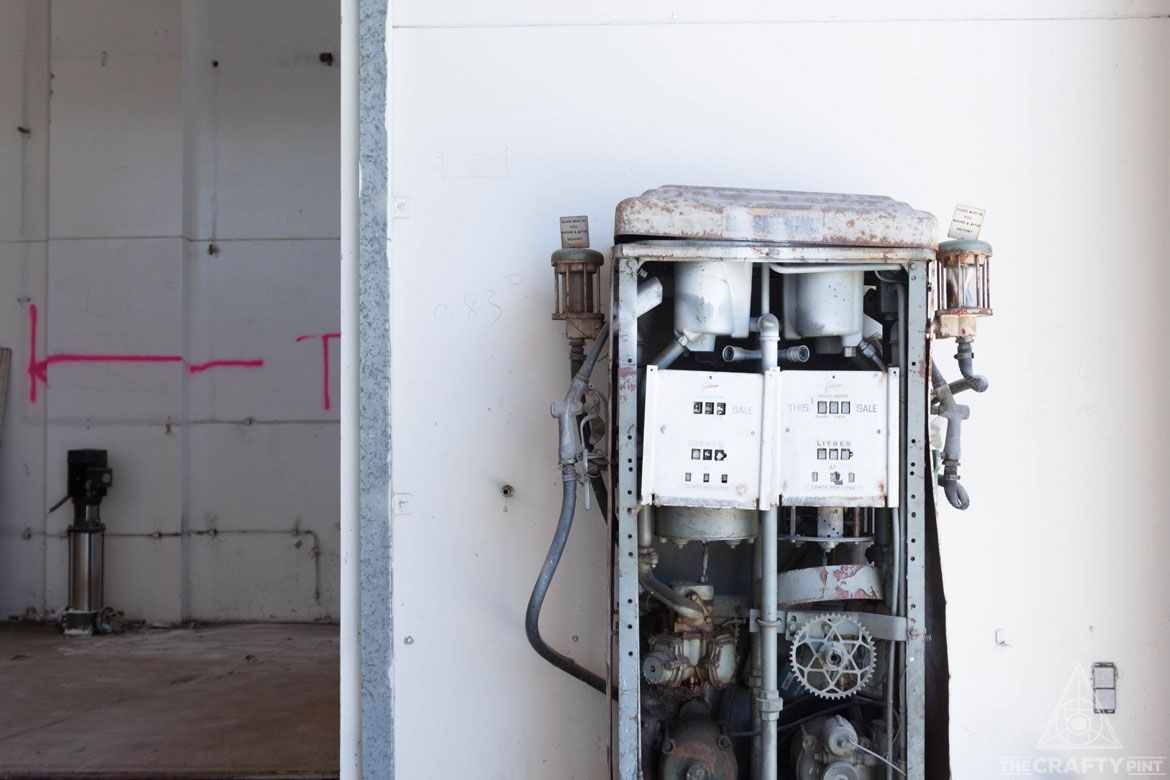
“That allows us to forge an important connection between team member and customer,” Sam says.
The ability to deliver locally is very much helped by the large cool room capacity, which in this case is simply the refurbished fridges of the former yoghurt factory. The old cooling system has been restored, in what's an inspiring example of sustainability.
In fact, much of the charm of the site will be retained, particularly given it fits in perfectly with Philter’s retro image. Inside, the kitchen will be expanded and restored for on-site food service and a laboratory will be built above. Outside, the unique, tessellated cinder block façade will remain, as will some very specific pieces of street art.
“My favourite tag on the back wall is, 'Suck my balls, bong on’," Sam says. "I’m not getting rid of that. It’s too funny.”



